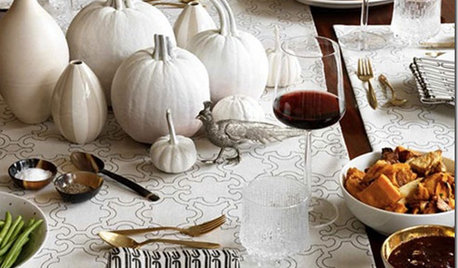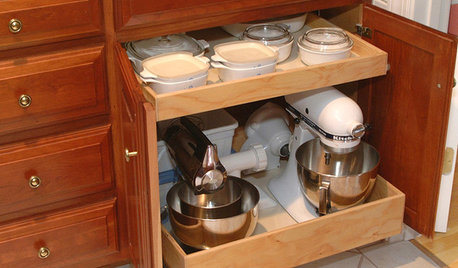is 'Anodized coating' on frying pans teflon??
linnea56 (zone 5b Chicago)
17 years ago
Featured Answer
Sort by:Oldest
Comments (15)
deepwater
17 years agoRelated Professionals
Camarillo Furniture & Accessories · Charleston Furniture & Accessories · San Francisco Furniture & Accessories · Silver Spring Furniture & Accessories · Mount Vernon Interior Designers & Decorators · Agoura Hills Kitchen & Bathroom Designers · Carson Kitchen & Bathroom Designers · Ossining Kitchen & Bathroom Designers · Piedmont Kitchen & Bathroom Designers · Channahon Kitchen & Bathroom Remodelers · Cocoa Beach Kitchen & Bathroom Remodelers · Jefferson Hills Kitchen & Bathroom Remodelers · Paducah Kitchen & Bathroom Remodelers · Rancho Cordova Kitchen & Bathroom Remodelers · Winchester Kitchen & Bathroom Remodelersbluesbarby
17 years agosuzyq3
17 years agobluesbarby
17 years agosuzyq3
17 years agoboba
17 years agoarosania
16 years agomarys1000
16 years agoarley_gw
16 years agodanab_z9_la
16 years agobean_counter_z4
16 years agoalwaysfixin
16 years agocpovey
16 years agodanab_z9_la
16 years ago
Related Stories

HOUSEKEEPINGHow to Clean Your Cookware So It Lasts
Avoid damage during everyday cleaning and stain scrubbing, with these tips for pots and pans made of popular materials
Full Story
LIFEHow to Keep Your Pets Safe During the Holidays
To avoid an unwanted trip to the vet, be aware of these holiday-related hazards for dogs and cats
Full Story
HOUSEKEEPINGHow to Clean Your Range and Oven
Experts serve up advice on caring for these kitchen appliances, which work extra hard during the holidays
Full Story
KITCHEN APPLIANCESConsidering a New Kitchen Gadget? Read This First
Save money, time and space by learning to separate the helpers from the hassles
Full Story
KITCHEN DESIGNHow to Add a Kitchen Backsplash
Great project: Install glass, tile or another decorative material for a gorgeous and protective backsplash
Full StorySponsored
More Discussions






suzyq3